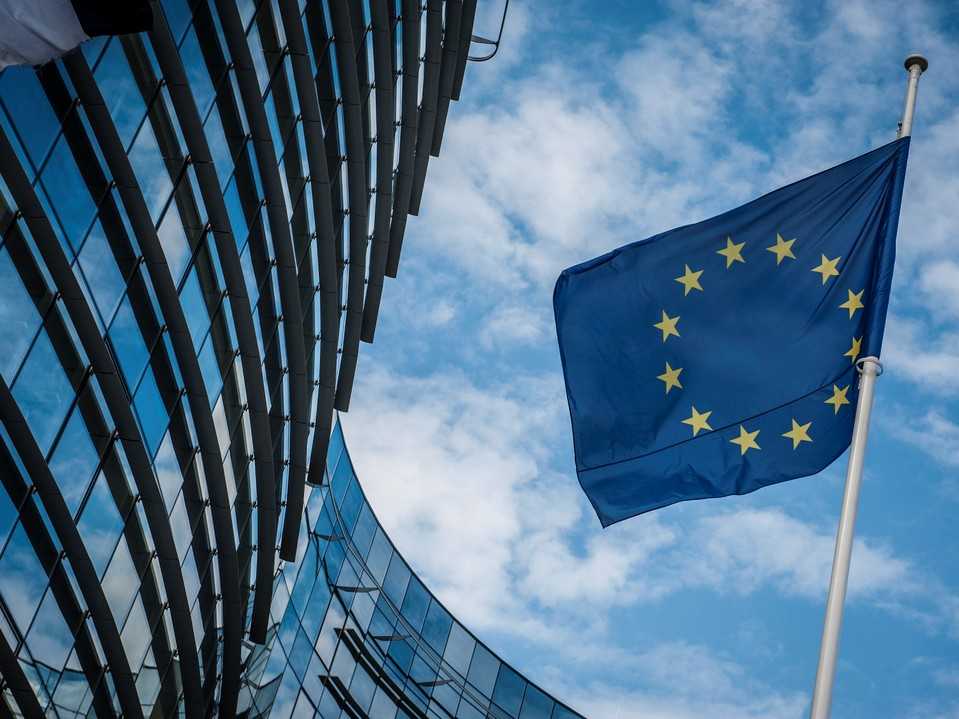Following an in-depth investigation, the European Commission has approved under the EU Merger Regulation the proposed creation of a joint venture between two of the world’s leading coffee manufacturers – D.E. Master Blenders 1753 B.V. (DEMB) of The Netherlands and Mondelēz International Inc. of the US.
The approval is conditional on implementation of commitments to address the Commission’s concerns.
The Commission had concerns that the transaction, as initially notified, would have led to price increases in roast and ground coffee products in France, Denmark and Latvia, as well as in filter pads in Austria and France.
To address these concerns Mondelēz will sell its Carte Noire business across the European Economic Area (EEA), while DEMB will sell its Merrild business across the EEA and license its Senseo brand in Austria.
“Many of us drink coffee and appreciate having a choice. Today’s decision will ensure that consumers can continue to enjoy a variety of coffee brands and types at competitive prices” said Margrethe Vestager, Commissioner in charge of competition policy.
Consumers purchase coffee in various “formats”: such as whole beans, roast and ground, or instant. Coffee is also marketed as filter pads, capsules or other types of pods for use in “single-serve coffee machines” that produce a single portion of coffee or some other beverage.
The proposed transaction will combine in a joint venture all material assets of DEMB and the coffee business of Mondelēz.
The joint venture will operate under the name Jacobs Douwe Egberts (JDE)and will be active in all coffee formats, including filter pads for Senseo single-serve coffee machines, T-discs for Tassimo single-serve coffee machines and N-capsules for Nespresso single-serve coffee machines.
The Commission has raised concerns on those markets where the investigation revealed the joint venture would bring together consumer brands which currently compete closely against each other.
This includes the competition between L’Or and Carte Noire in France; between Merrild and Gevalia in Denmark; between Merrild and Jacobs in Latvia; and between Senseo and Jacobs in Austria. The remaining companies on the market would not have been able to exert sufficient competitive pressure on the joint venture to avoid price rises for coffee.
Divestments
To address these concerns in France, Mondelēz offered to sell its Carte Noire business (including the Lavérune manufacturing plant near Montpellier, France).
The divestment of DEMB’s Merrild business is aimed at restoring competition in the roast and ground coffee markets in Denmark and Latvia.
The purchaser(s) of these brands will be in a position to compete against the joint venture. To alleviate concerns in the Austrian filter pads market, the Senseo brand will be licensed for five years for re-branding purposes.
This will be followed by a five-year period in which neither the joint venture nor the purchaser will be able to use the Senseo brand in Austria. This will allow the licensee to take over the Senseo filter pad market share and re-brand its products.
Single-serve coffee machines
The Commission was also initially concerned that the joint venture could lead to higher prices and less innovation by bringing together DEMB’s Senseo single-serve system and Mondelēz’s Tassimo single-serve system.
Although the Senseo and Tassimo single-serve machines are sold by Philips and Bosch respectively, DEMB and Mondelēz can influence the price paid for these machines by consumers e.g. by offering cash-backs and coupons.
Coffee companies have an incentive to do this, because market penetration of these coffee machines will increase their sales of compatible capsules, pads or pods.
However following its in-depth investigation, the Commission concluded that the joint venture would compete against its strong rival Nestlé, which owns the other two single-serve systems – Dolce Gusto and Nespresso.
In fact, Nestlé’s Dolce Gusto competes particularly closely with Tassimo as they both respond to similar consumer needs by offering a variety of hot drinks (for example, spiced coffees, milky coffees, tea and hot chocolate).
Furthermore, the joint venture will continue to have incentives to support sales of Tassimo and Senseo coffee machines in a similar manner as it currently does, because only by maintaining a high level of sales of these single-serve machines can the joint venture ensure a sufficient level of profitability on its sales of the corresponding filter pads and T-discs.
DEMB and Mondelēz notified the proposed transaction on 27 October 2014. The Commission opened an in-depth investigation on 15 December 2014.










